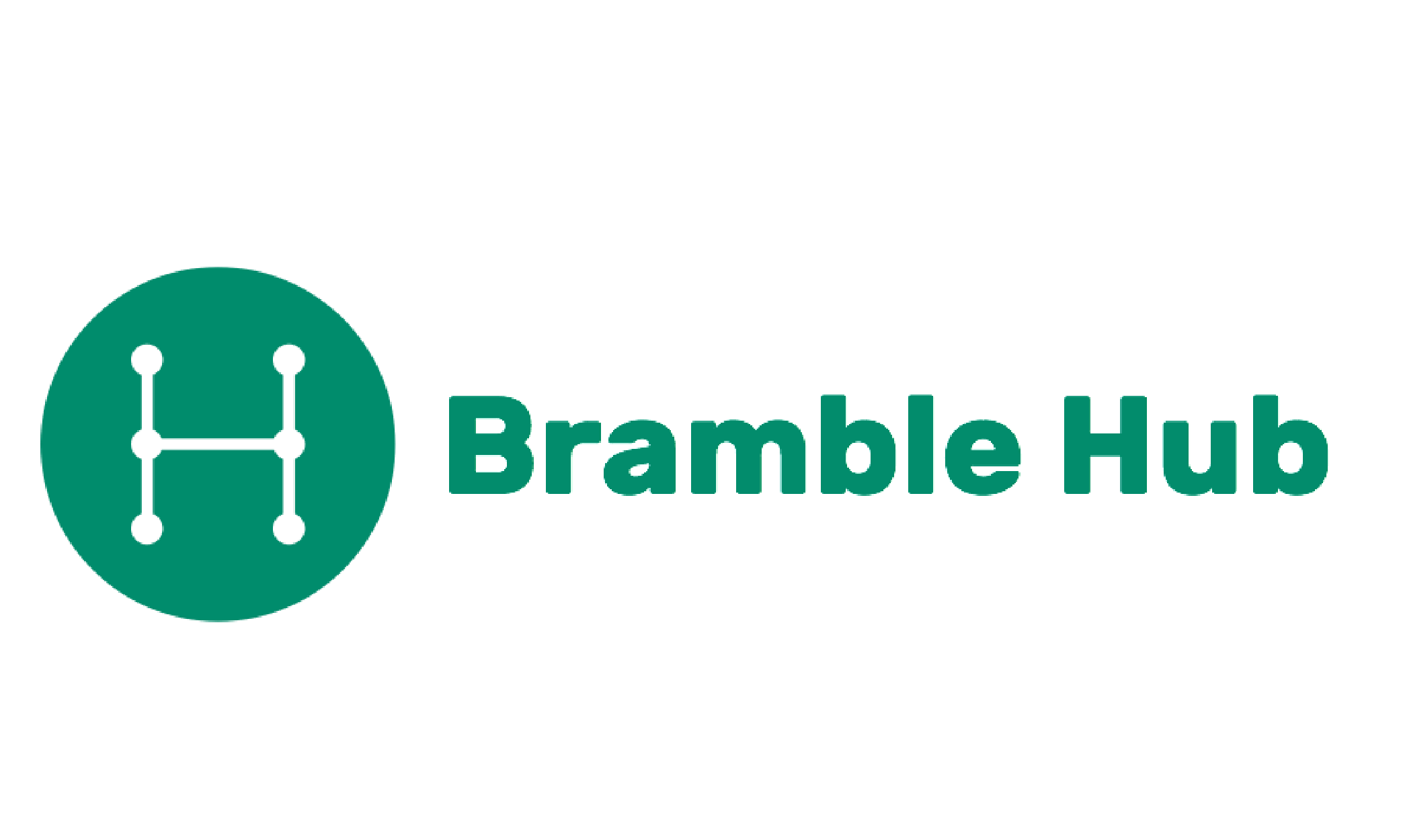‘This is the Way’. Or is it? The danger of frameworks and methods.

Author: Ali Law, Managing Partner of IT & Digital Transformation
Our change and transformation profession love frameworks. From project management, service management, change management through to scaling agility or assessing digital maturity. We have a constellation of options. Especially for transformation, the battle lines can be drawn between competing approaches/methods/frameworks.
Over the years I’ve seen and experienced mixed results from ‘frameworks/methods’. Some great – DevOps, for example. However, I confess to reservations about some. Take project management (I can hear the Devs out there saying ‘please do’). For me, this is about leadership and people. Processes are pretty easy. Judgement and insight, not so much. You don’t get that from a framework. Of course, it has created a whole industry around training and certification. Does it contribute to better leaders in project management? I have views!
Then, of course, we have some frameworks around agility (and digital). And again, it has spawned another industry built around certification and training. Value? I confess to a large degree of caution on these as well.
So, what are some of the dangers?
One of the biggest reasons for caution is no two organisations are the same. Your culture, leadership, history, people… all contribute to your organisational DNA. To be successful, frameworks have to recognise these differences and be adapted to your situation. One size fits all? Not in our experience. ‘This is the Way’ is actually a learning journey about what works for you.
So blind adherence is risky. I get that if you are starting from scratch, you will not have the ‘lived experience’ to challenge and understand how to mould to your organisation. But start with ‘Why’. Why will this contribute to achieving the results. The why gives you the context to build your understanding and decision making (of course this assumes you have real clarity on the outcomes you want).
Beware of the seduction of certainty. Do this and you will definitely get that. Rarely is it that simple. Transformations are journeys. Good frameworks can definitely provide guiderails (not guardrails you will note).
If you are starting with no capability, then frameworks can be an excellent way to lower the risk of starting. They provide guiderails and you benefit from the learning and scars of the people who have trodden the path before (practitioners as opposed to theorists of course).
If you’re considering a framework, then a great litmus test is:
- Does it mention people, culture or leadership, in a meaningful way?
- Does it talk to the need to manage adoption (and training is not the silver bullet)?
- We’ve seen some frameworks that are really ‘heavyweight’ with many, many great ideas and content. The question we ask ourselves, is it too much?
- Can we as human beings get our heads around it all? Remember our brains look to conserve energy and don’t like change.
- Is the resistance cost too high?
That’s why we value DevOps (a subset of what we call Engineering at Hanya). It explicitly focuses on people, supported by great tools, methods and automation. It has clear organisation benefits and value. No claim to ‘one size fits all’. Does that mean there is more to figure out. You bet. No false certainty here.
It can also act as a catalyst in a wider, organisation transformation. It builds trust and collaboration, especially within IT itself (yes, I am an advocate, no apologies!).
So, what else would we recommend alongside the litmus test?
- Be clear on the outcome you want and understand the Why. Why is a great word. It forces us to clarity. That understanding gives context and confidence to challenge and adapt. Here we mean why does the framework produce the outcomes you want?
- Find a critical friend. They can challenge your thinking and your action.
- Give yourself space and permission to learn.
‘This is the Way’ is a powerful statement if that way includes your uniqueness. Does yours? If not, time to adapt!
August 2023.









